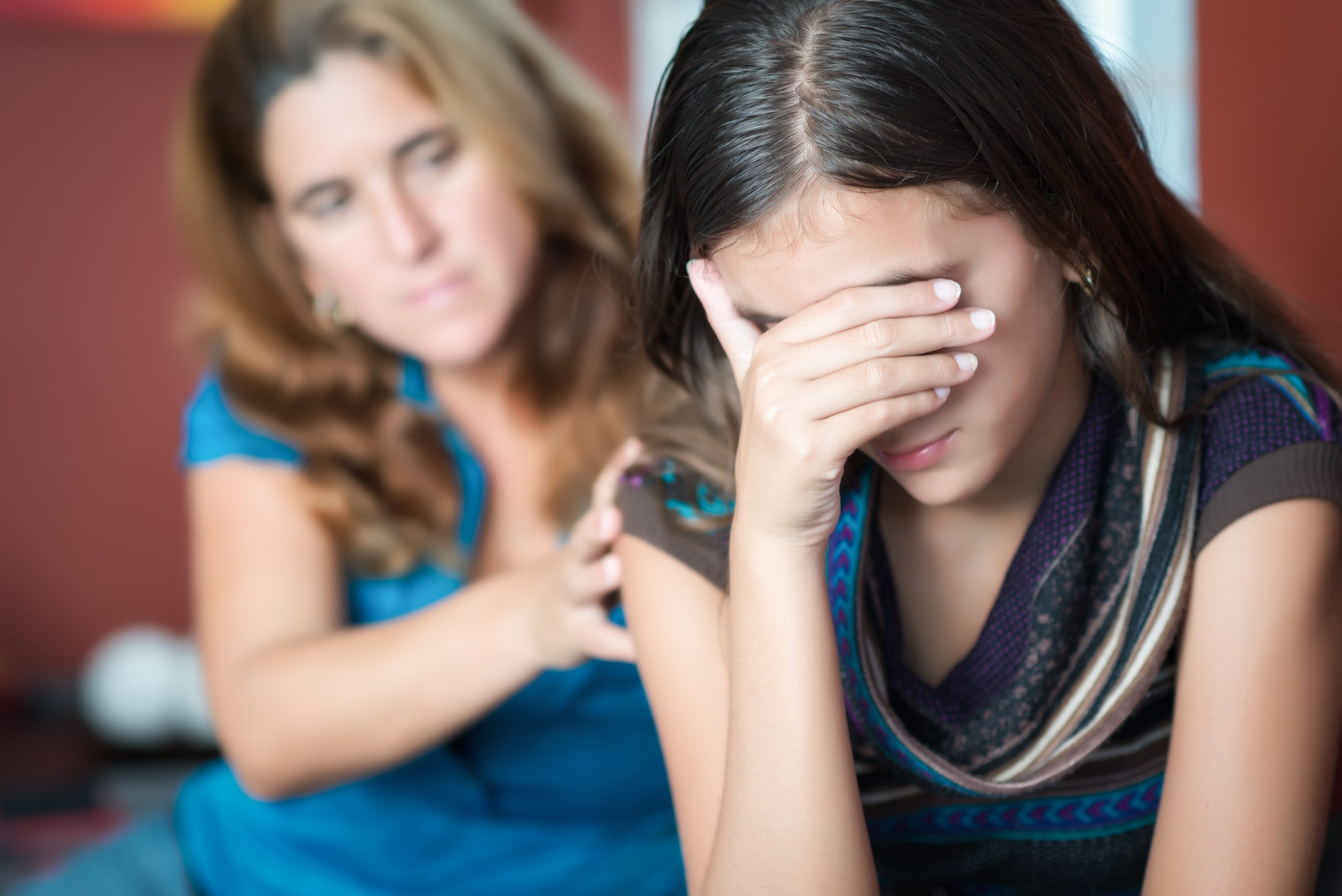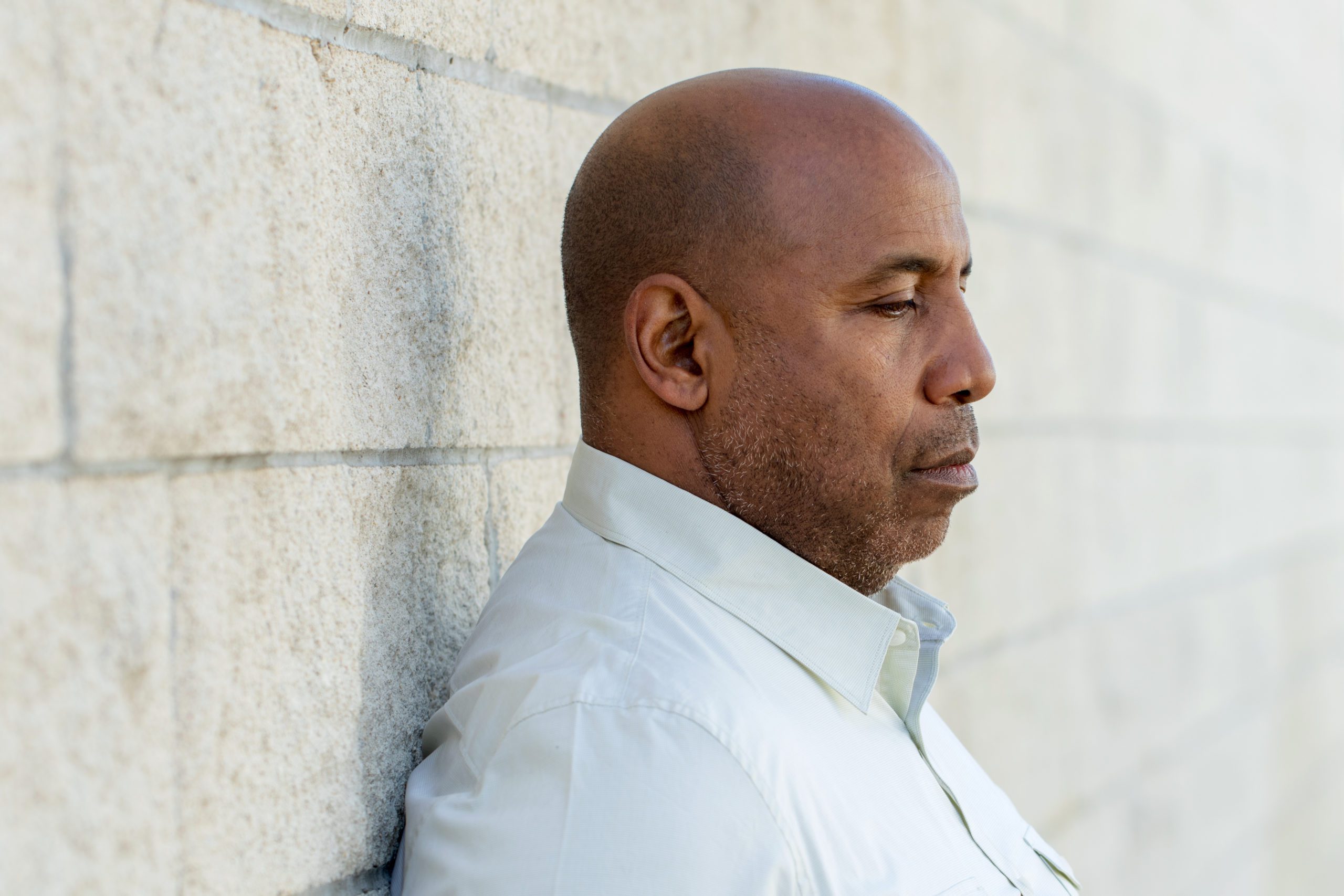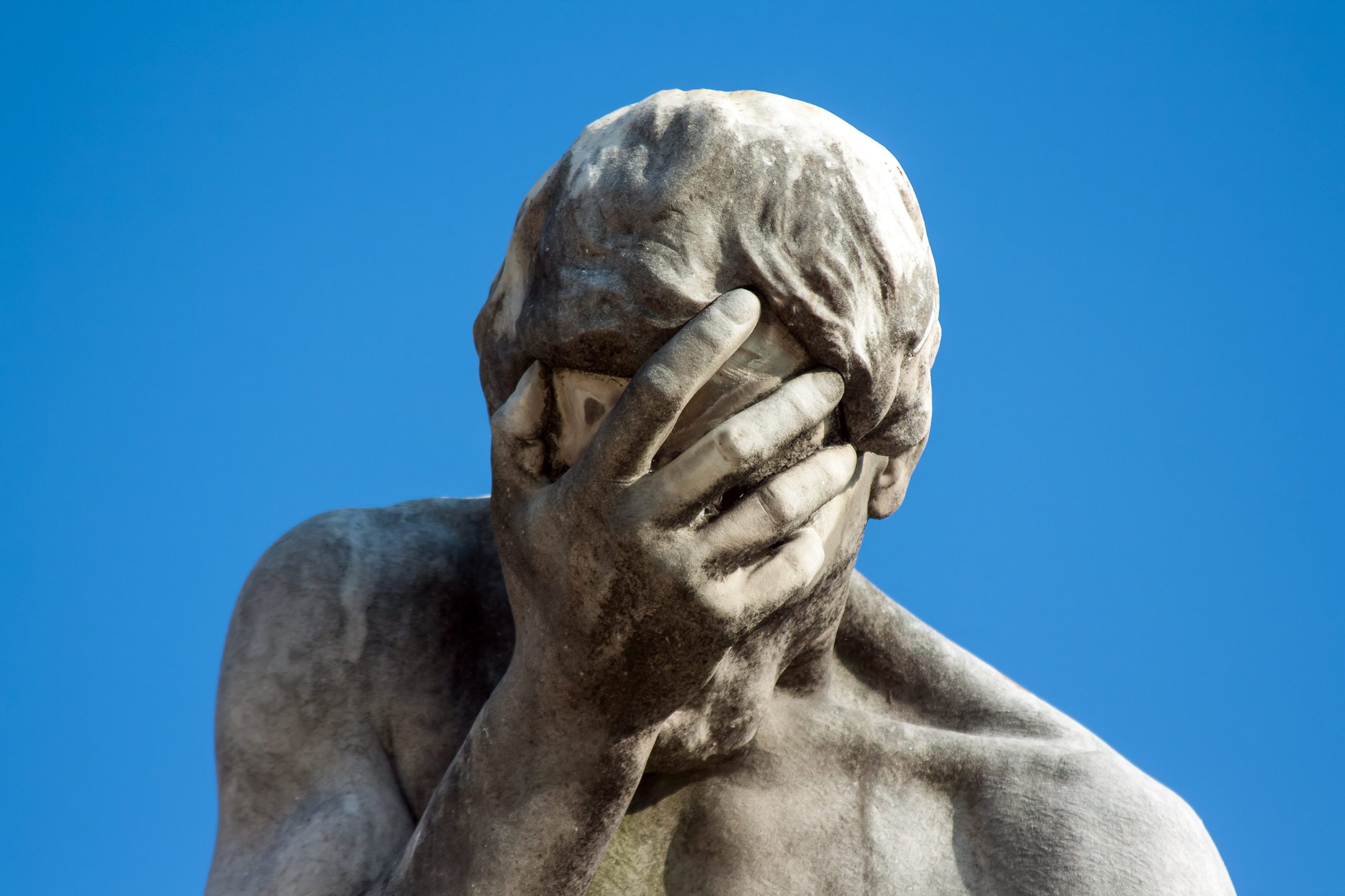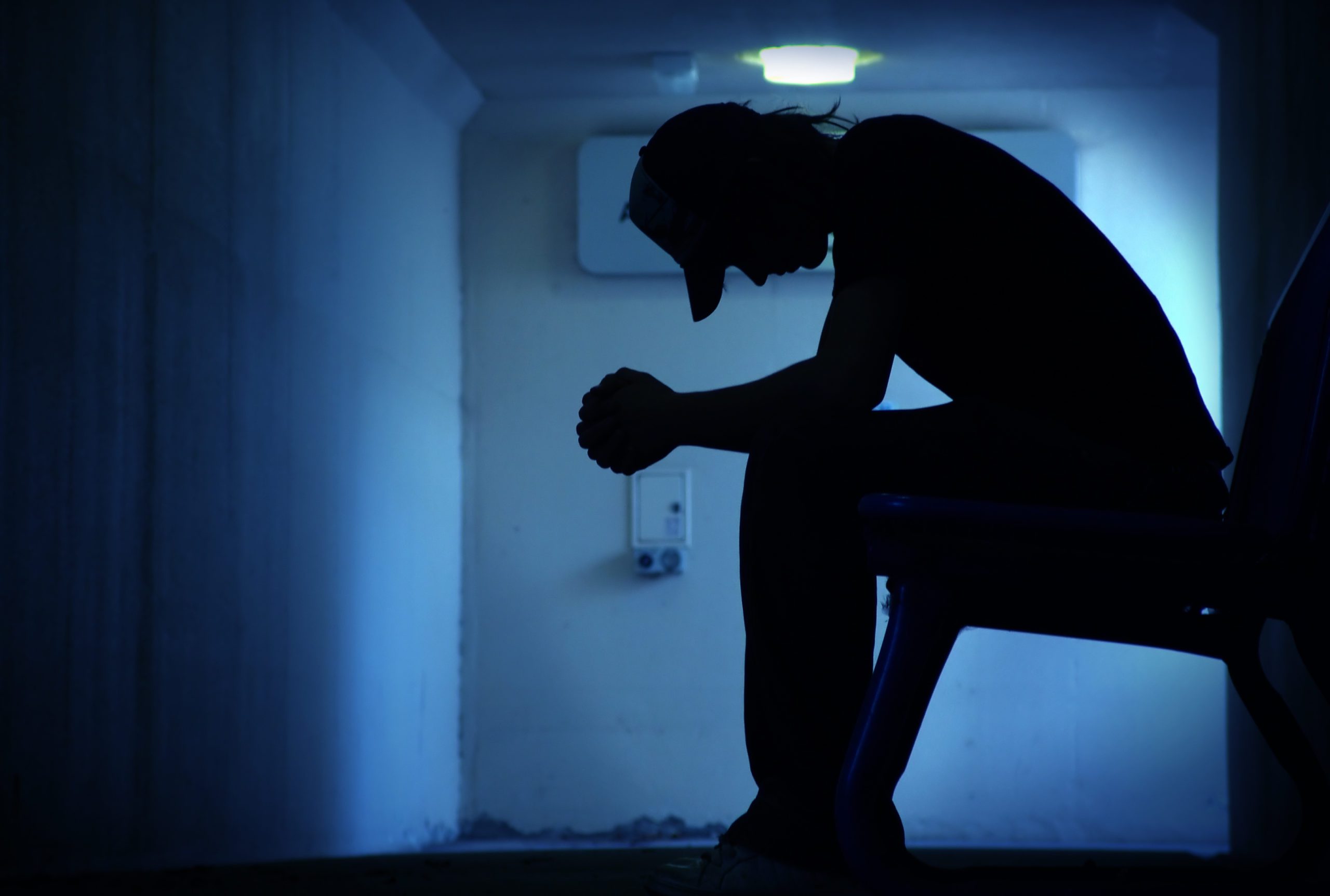On the surface, you would think that medical students have a lot to be excited about. They’re on a path toward a lucrative and rewarding career and, let’s face it, just getting into an M.D. program alone is something to be proud of. But, according to new research uncovered by CNBC, that is not the case. Apparently young doctoral interns are suffering from depression at an alarming rate.
The article starts out by highlighting some serious challenges that these young people face. Challenges that many who are not close to programs like this may be aware of. For starters, most medical students suffer from sleep deprivation, peer hazing and harsh deadlines that could impact their graduation. And apparently, it only gets worse from there. After completing the schooling component, these student have to spend up to two years as residents, literally thrown into the fire of trauma cases, emergencies and demanding supervisors.
Issues like this have not only led to a large amount of depression cases among this set (as much as 50 percent), but also an increase in suicides.
“During the first year of training, rates of depression go up, risk of suicide goes up, anxiety goes up and part of what we’re studying is why that is and who’s at risk and what environmental elements put them at risk,” Dr. Srijan Sen, a professor of depression and neurosciences, told CNBC in the article. “We find that many of the interns may start out fine, and about half get depressed by the end of the year.”
Indeed, in a survey shared by The Washington Post, it was revealed that roughly 10 percent of all U.S. medical students have reported having thoughts of killing themselves during the first year of their program. The same research also showed these 20-somethings suffer from depression at rates that are 15 to 30 percent greater than that of the general population.
And sadly, the data revealed that superiors in the field are not doing much to help. In fact, they may actually be exacerbating the problem.
“Rather than receiving support in these situations, these students often suffer humiliation from senior clinicians,” writer Nathanial Morris explained in The Post. “This hierarchy engenders a culture of bullying toward medical trainees. More than 80 percent of medical students report mistreatment from supervisors. I’ve seen classmates shouted at, cursed at and mocked in clinical settings. A surgeon referred to me as ‘Helen Keller’ because I couldn’t suture fast enough.”
We understand that depression can impact people from every background and within every profession. If you know any young people who may be putting too much pressure on themselves (via med school or not), please reach out and let them know there is help available.












